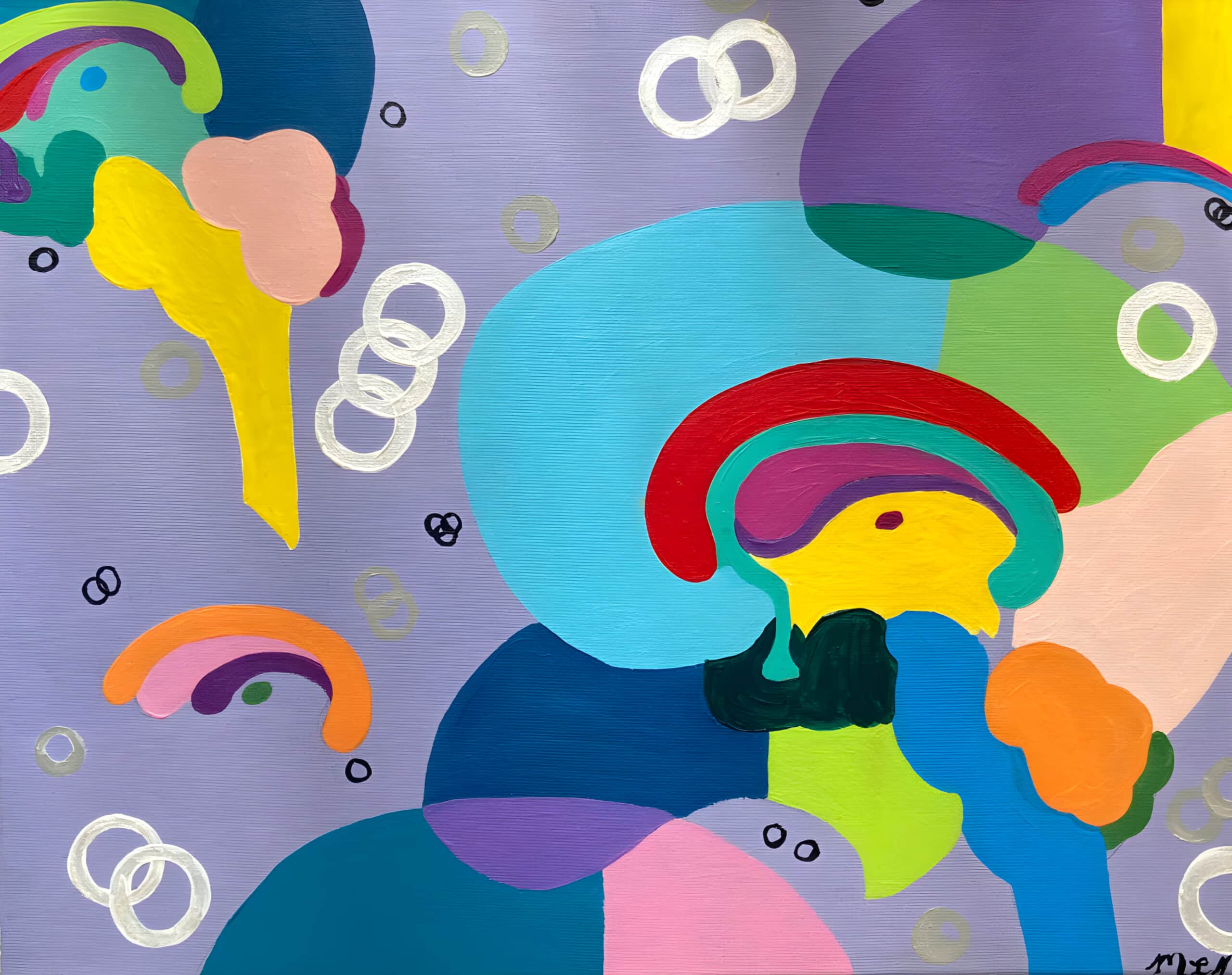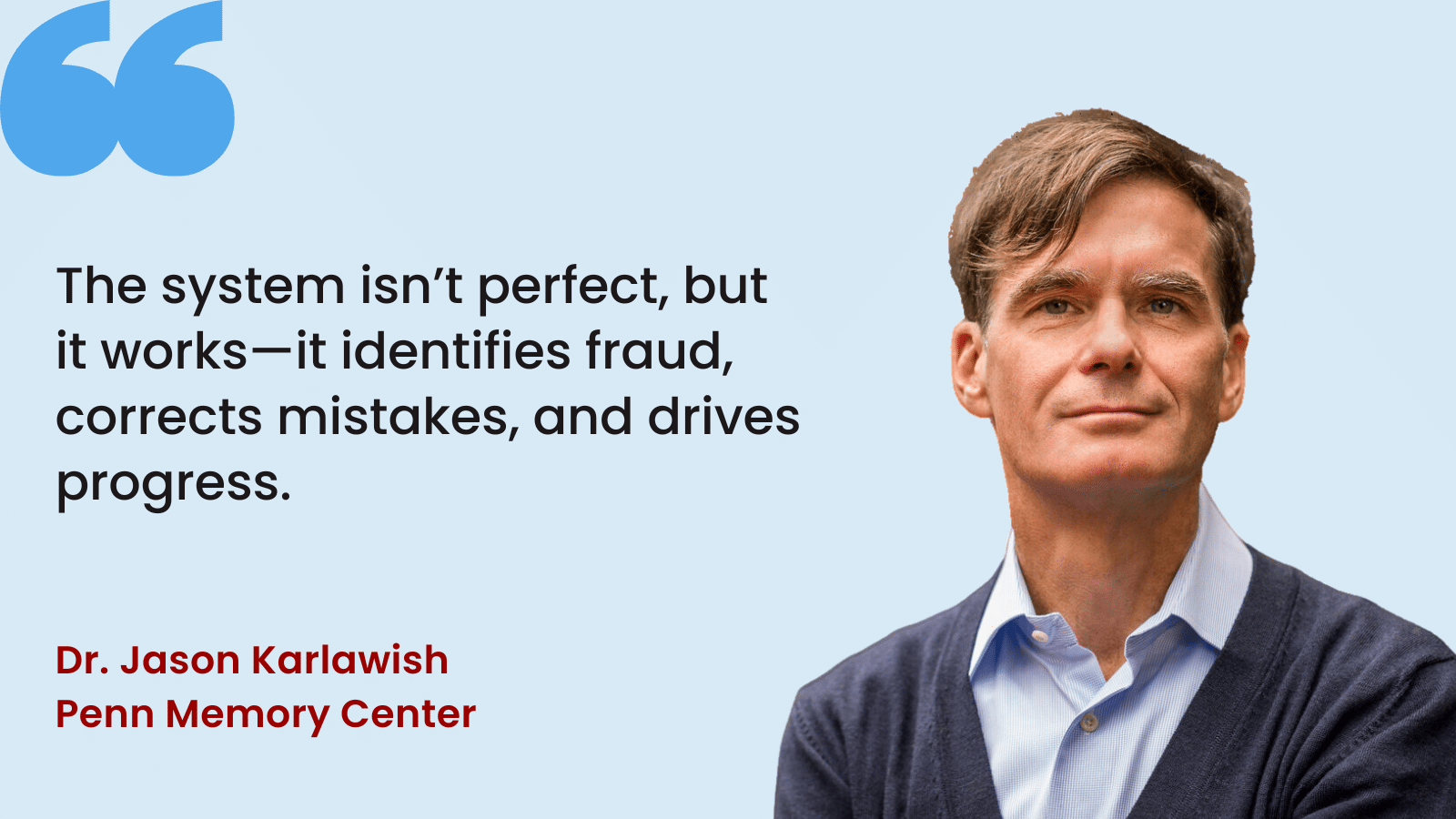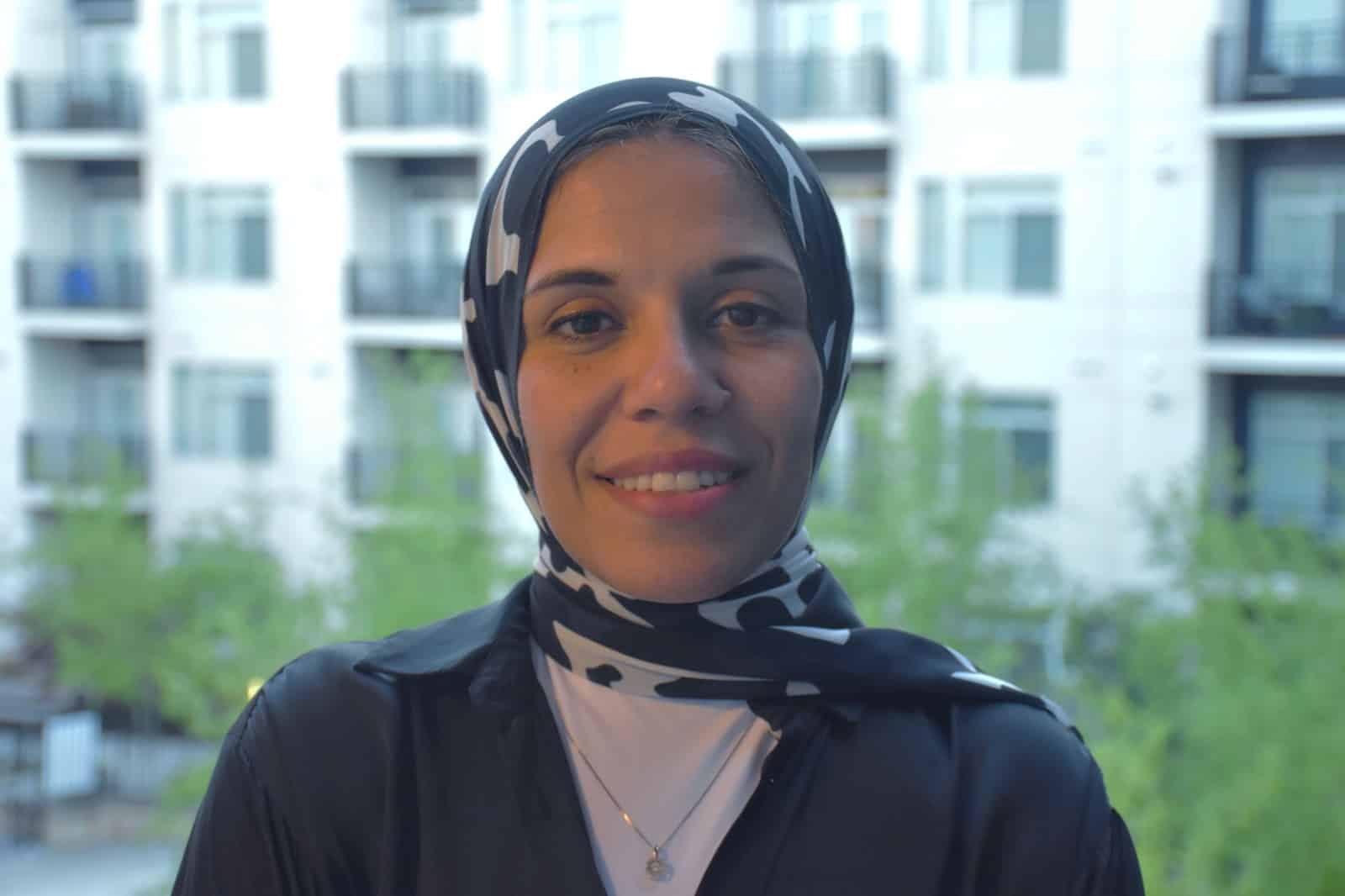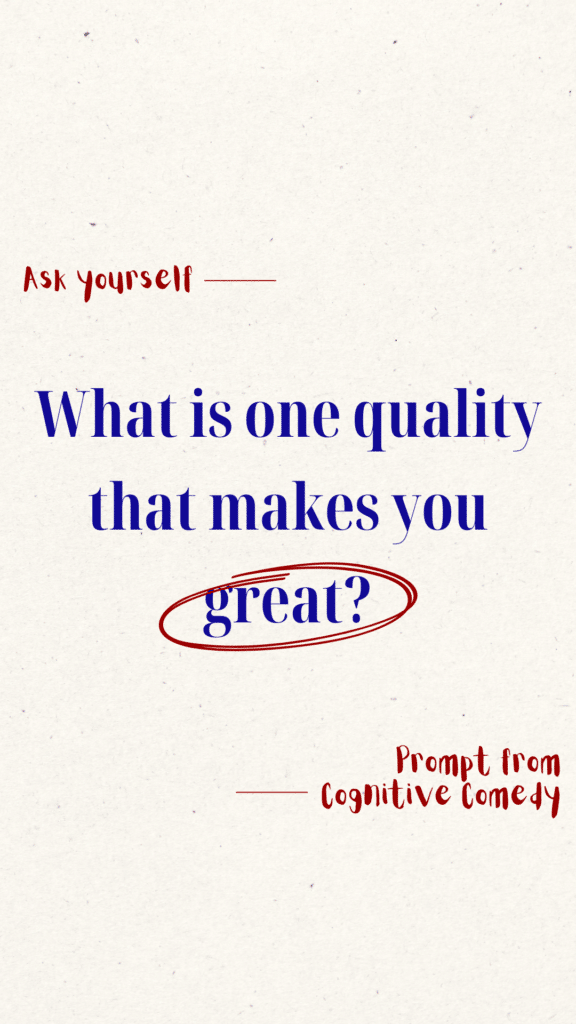By Meghan McCarthy
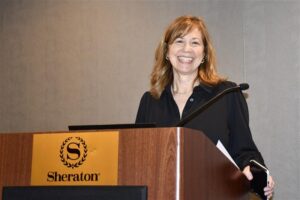
Whether she’s planning a creative internal activity for staff or organizing a major community event, Ingegneri approaches each task with intention, always striving to make people feel seen and valued.
“I’m an experience creator and relationship builder,” she said—and it shows.
